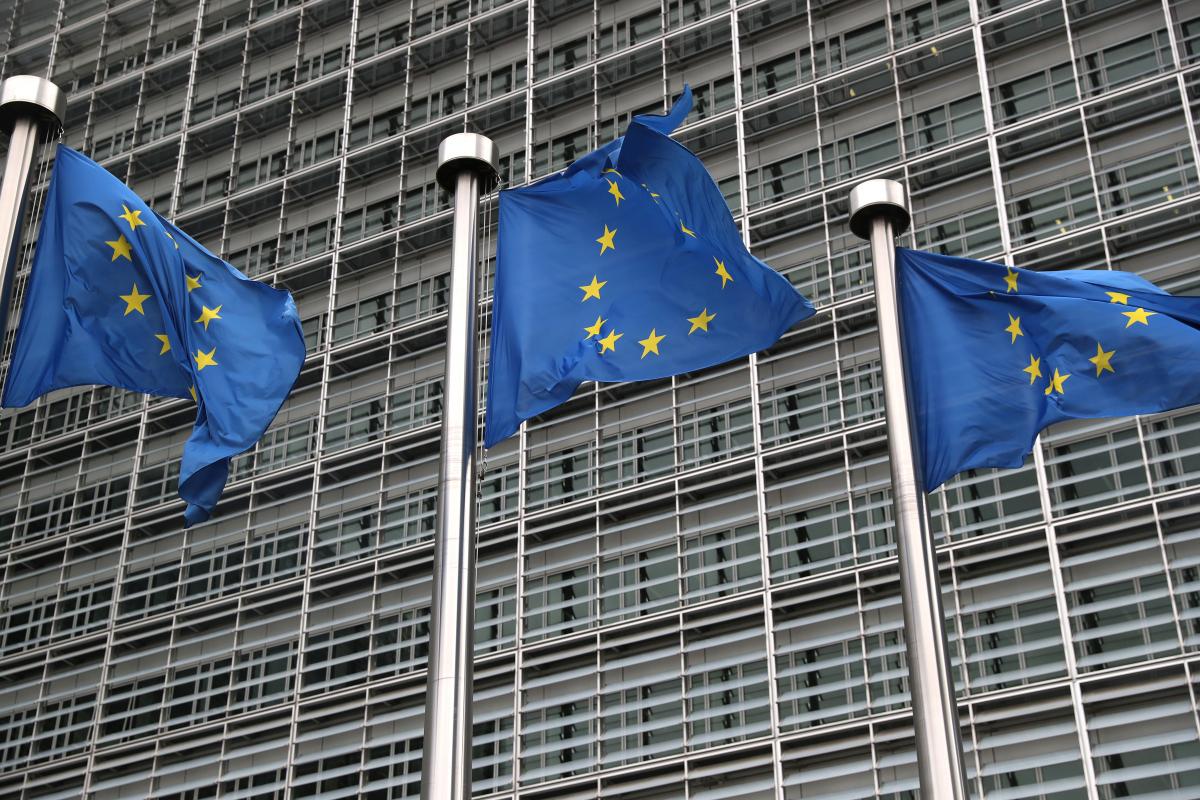
The European Union will hold off from imposing fresh sanctions on Russian individuals if the Kremlin releases pro-democracy campaigner Alexei Navalny, EU foreign ministers said on Monday, sending the bloc's top diplomat to Moscow next week.
Reuters reports that despite calls from Baltic countries, Italy and Romania for sanctions on Russian officials in response to Navalny's detention as he returned to Russia from Germany on Jan. 17, Germany pushed to give the Kremlin more time.
Read alsoProtests in Russia: Baltic states call on new EU sanctions over detentions
"We have agreed today to wait for the court's decision, to wait to see ... whether Alexei Navalny is set free after 30 days," German Foreign Minister Heiko Maas told reporters following a meeting with his EU counterparts. "This is not over."
EU foreign policy chief Josep Borrell said he would go to Moscow next week to press the Kremlin to free demonstrators and Navalny. EU leaders could discuss any further steps at a planned summit on March 25-26, he said.
Earlier, Lithuania's foreign minister Gabrielius Landsbergis said the EU needed to send a "very clear and decisive message" to Moscow, pushing for the bloc to agree sanctions under its new human rights sanctions framework, which allows for quicker adoption of asset freezes and travel bans.
Protests in Russia
- On January 23, rallies were held in Russia in support of the Russian opposition leader, Alexei Navalny, who was arrested a few days earlier, upon return to Russia from Germany.
- Russian law enforcement agencies violently handled detentions during the mass protests.
- During the rallies, 3,296 protesters were detained. This is a record high number of detainees in Russia's modern history.
- The Ministry of Foreign Affairs of Ukraine condemned the violence against participants in the rallies in support of Navalny in Russia.

